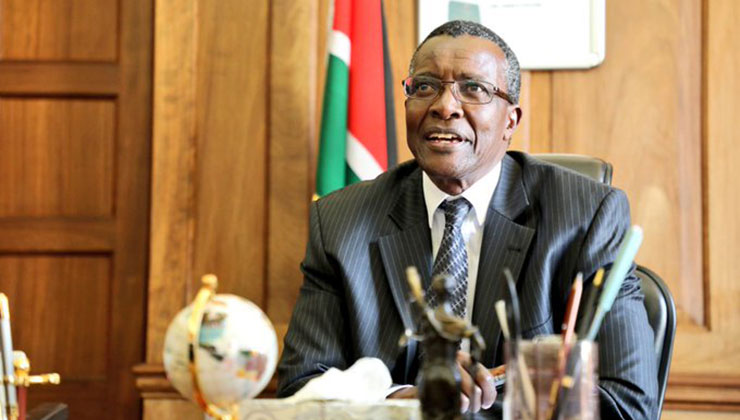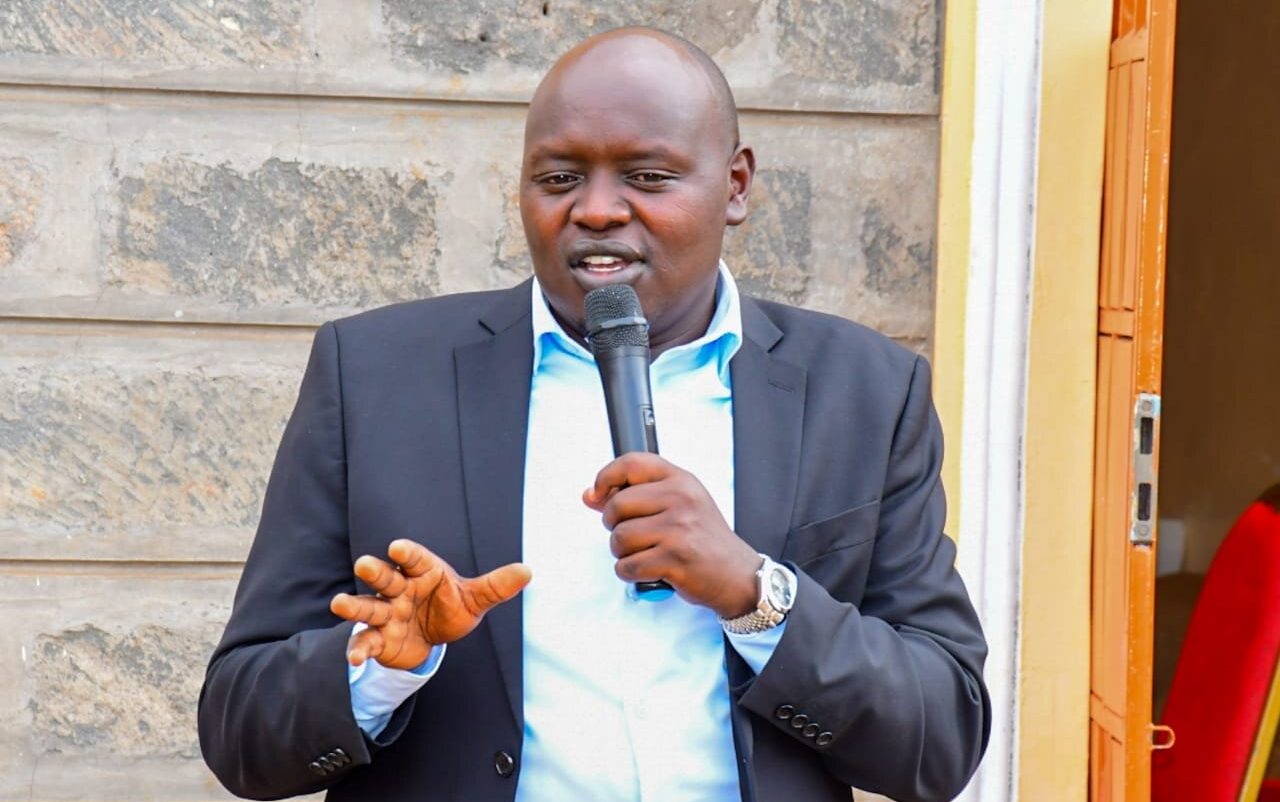Just a week after Chief Justice (CJ) David Maraga advised President Uhuru Kenyatta to dissolve Parliament, he has invited both Speakers to grace the presentation of the State of the Judiciary next month.
CJ Maraga sent the invite to the Speaker of National Assembly Justin Muturi and his Senate counterpart Ken Lusaka for his annual report to the nation on the state of the Judiciary and administration of justice.
“The purpose of this letter to invite you to join the Judiciary and the entire justice sector during the presentation which will take place at the Supreme Court grounds on Friday, November 27, 2020,” reads the invite, also copied to the Head of Public service Joseph Kinyua.
The same report is set to be remitted to the Speakers of the two Houses for debate.
Last month, Maraga caused a political storm when he advised President Uhuru Kenyatta to dissolve Parliament, an advisory that elicited sharp reactions from MPs whom he wants sent packing.
The Parliamentary Service Commission (PSC), moved to court to challenge the CJ’s move with MPs getting a reprieve after the High Court issued a conservatory order suspending the advisory.
Last week, Justice Weldon Korir issued another conservatory order following a similar suit filed by Leina Konchella and Mohsen Abdul Munasar.
Maraga had asked the President to dissolve Parliament for its failure to enact legislation on the two-thirds gender rule.
In his advice to the President, the CJ said that the mechanism for the dissolution of Parliament, irrespective of the consequences, is the radical remedy that Kenyans desired in order to incentivize the political elites to adhere to and fully operationalize the transformational agenda of the Constitution.
“Let us endure pain if only to remind the electorate to hold their parliamentary representatives accountable,” Maraga said.
The CJ had received petitions seeking the dissolution of Parliament from the Law Society of Kenya, former Marakwet West MP David Sudi, Margaret Toili, Fredrick Mbugua, Bernhard Aoko, and Stephen Owoko.
All the petitioners argued that Parliament has deliberately refused to enact the two-thirds gender law.
Earlier, lawyer Nzamba Kitonga had said that in the event of the recommendation that the CJ has now submitted to the President, there is a likelihood that it will be challenged in court.
“From a constitutional standpoint, once the Chief Justice transmits his recommendation, the President is bound to act, and the Constitution allows him to act in one way only. That is something that has serious constitutional, legal, and political consequences and the President would need to consult far and wide, including with the political leadership. But as to whether this President can follow through on the CJ’s recommendation is another matter,” lawyer Nzamba Kitonga told the Nation recently.
According to Maraga, Article 261 (1), read together with the Fifth Schedule, provides that the enactment of the two-thirds gender principle was among the things Parliament was to do within five years after the promulgation of the Constitution in 2010. This has not happened 10 years later.
“There is no doubt the dissolution of Parliament will cause inconvenience and even economic hardship. The fact that Kenya is in the midst of the coronavirus pandemic only exacerbates the potential impact of the decision. Yet that is the clear result Kenyans desired for Parliament’s failure to enact legislation they deemed necessary. We must never forget that more often than not, there is no gain without pain,” Maraga said Monday while recommending the dissolution of Parliament by President Uhuru.










